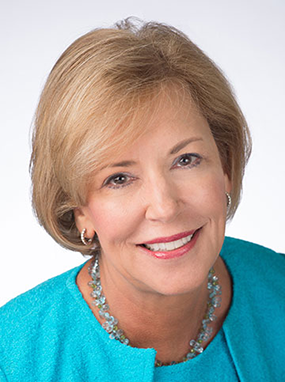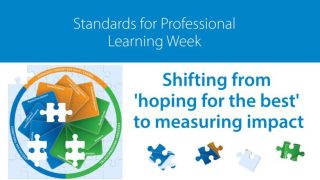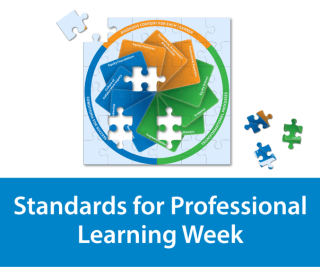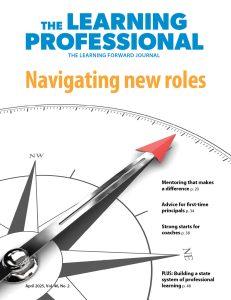Learning Forward’s advocacy efforts on behalf of the reauthorization of ESEA have concentrated solely on professional development. If you’ve had a chance to comb through the bill, which just passed with an 81-17 vote in the Senate late last week, you may have noticed that the words “professional development” appear several times in relation to a wide range of federal and school improvement initiatives. Our aspiration is for every educator to have access to the professional development that is essential to improving his or her practice and producing better outcomes for students.
We believe that one way to achieve this is by ensuring a clear and specific definition of professional development, one that aligns to Learning Forward’s Standards for Professional Learning. We want the legislation to be clear and specific about what it means by professional development — in part because its definition applies to all of those instances highlighted in the bill. We also want to ensure that professional development providers are held accountable for demonstrating the impact of their work (a subject for another post).
Overall, Learning Forward is pleased with the definition that is included in the bill as it passed the Senate last week. If you take a look at the bill, you’ll find the definition included in section 9101 of the version that passed the Senate.
The first part of the definition is most significant to us. It begins: Professional development means activities that “(A) are an integral part of school and local educational agency strategies for providing educators (including teachers, principals, other school leaders, specialized instructional support personnel, paraprofessionals, and, as applicable, early childhood educators) with the knowledge and skills necessary to enable students to succeed in the core academic subjects and to meet challenging State academic standards; and (B) are sustained (not stand-alone, 1-day, or short term workshops), intensive, collaborative, job-embedded, data-driven, classroom-focused …”
While there are additional ways to improve this part of the definition, it is affirming that the key words included within it tie directly to Learning Forward’s Standards for Professional Learning. The Senate affirmed that educators’ professional development must be collaborative, job-embedded, sustained, classroom-focused, and data-driven — those elements that educators say are most helpful to them. We are pleased that national policymakers have affirmed these bedrock principles of professional learning. The definition is also significant because it so clearly focused on school- and classroom-level professional learning.
Section B of the legislation continues with a detailed list of what activities — professional learning elements, experiences, and topics — may be considered professional development. For example, professional development “may include activities that improve and increase teachers’ knowledge of the academic subjects the teachers teach.” Or professional development may include activities that “are designed to give teachers of children who are English language learners … the knowledge and skills to provide instruction and appropriate language and academic support services to those children.”
The placement of the word “may” is significant in the way we interpret the legislation. Everything that comes before “may include” is essential and officially part of the definition. Everything after “may include” is dependent on the context and needs of the local educators planning and implementing professional learning. To define professional learning too tightly would overlook the differentiated needs of educators and could contribute to schools and systems addressing adult learning through one-size-fits-all solutions. We trust educators to use the key words before the word “may” to assess their needs and design their learning objectives and processes, then identify the priorities that best fit their circumstances among those listed after the word “may.”
While we are pleased with the inclusion of a definition of professional development that covers several critical elements of Learning Forward standards, in our ideal definition of professional learning, we would address several other important issues:
- Make evaluation of impact a part of any professional learning, as it is part of so many other school improvement elements outlined in the legislation.
- Define and include the cycle of continuous improvement.
- Recognize and include the role of central office educators.
- Replace the word “activities” with “varied learning experiences.” “Activities” has too long of a history as short-term in scope and not tied to sustained learning.
- Strengthen the definition to include more than providing educators the “knowledge and skills” — those are insufficient to realize change. “Practices” must be included in some way.
As the legislation moves forward, we will continue to work on these elements. More importantly, we will continue to support the educators who understand all these essential elements and put them into practice each day. We hope for your support for these changes in legislation and in your practice so that we can continue to document the importance of this investment in education.
This post originally appeared in Learning Forward’s PD Watch.








